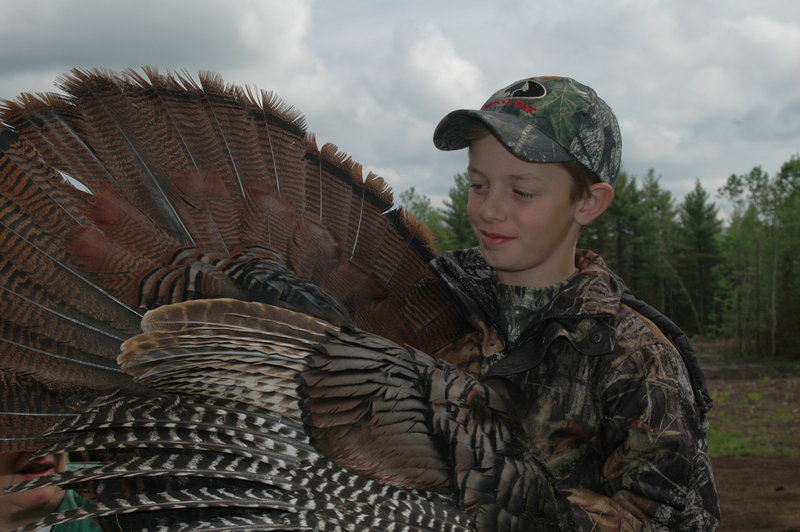I lost a dear old friend recently. He was one of those rare individuals who respected differing opinions. Though not a strong proponent of hunting, he understood my passion for it, for some reason took a shine to me and allowed me access to all of his multiple properties. His widow was largely indifferent, but she handed management of the land over to her son, who has a very different notion about hunting. And so that land joined the growing expanse that is now off-limits to Maine hunters.
Numerous studies and opinion polls have come to the same conclusions: The most significant threat to the future of hunting and the most common reason why people quit the sport is lack of access to quality hunting.
Access to public land is abundant out west, though the quality of hunting on it is often questionable. Back east it’s a different story.
In Maine, more than 90 percent of the forested land is privately owned. So unless you’re among the infinitesimally small number of folks who own enough land to hunt on, you must hunt on someone else’s. In northern Maine, access is still fairly abundant. Down south, access to private land continues to dwindle and the rate of loss is greatest in the areas where it has the greatest impact.
Northern Maine may still have tens of thousands of acres available to hunters, but most of Maine’s citizens and hunters live in and around more developed areas. More of them would hunt, and they’d hunt more if they could do so close to home.
That just got significantly more difficult this spring in the most populated area of the state when Pineland Farms closed off to hunting more than 5,000 acres — part of which is a former state wildlife management area — in Pownal, Gray and New Gloucester. In a bit of perverse irony, the Pineland property includes Wilsondale Farm, one of the original release sites Maine used to restore the state’s turkey population to huntable levels and provide a place to hunt them.
Away from population centers, hunting is still an integral part of the agrarian lifestyle.
But even there, farmers and other landowners are increasingly posting their land — pointing out a paradox of property rights.
Wildlife is public property. It belongs to all citizens, not just those on whose property it resides or travels. Meanwhile, landowners have the right to control access on their property (land), and in so doing can legally prohibit you from accessing yours (wildlife). It becomes more of an issue when those same landowners request financial and manpower assistance from the state — funded by hunting license dollars — to control nuisance wildlife. Sometimes the state is obliged to assist, even when those license-buying sportsmen would be more than willing to provide the service for free.
The future viability of hunting depends on recruiting young hunters into the sport. That task becomes increasingly more difficult with fewer places to take them. And while one week a year at camp is exciting, youngsters need a place near home where they can go before and after school. The same applies to adults who may only be able to slip away for an hour or two before or after work.
Rest assured, hunting is not going away anytime soon, certainly not in our lifetimes. Recent polls show hunters numbers are stabilizing and in some cases even showing slight increases, though that’s certainly not the case in Maine. Even more encouraging are surveys and polls that show the public’s acceptance of hunting is on the increase, or perhaps more appropriately, the rebound.
But hunting is changing. We need to monitor those changes and influence them where we can. In the north, many parts of Maine rely on this multimillion dollar industry for their viability. Significant changes to something like the bear season could spell economic disaster for folks merely scraping by. In the south, more attention is needed to preserve and improve access, and that includes more public land access.
As Maine goes, so goes the nation. As hunting goes, so goes Maine.
Bob Humphrey is a freelance writer and registered Maine guide who lives in Pownal. He can be contacted at:
bhhunt@maine.rr.com
Send questions/comments to the editors.



Success. Please wait for the page to reload. If the page does not reload within 5 seconds, please refresh the page.
Enter your email and password to access comments.
Hi, to comment on stories you must . This profile is in addition to your subscription and website login.
Already have a commenting profile? .
Invalid username/password.
Please check your email to confirm and complete your registration.
Only subscribers are eligible to post comments. Please subscribe or login first for digital access. Here’s why.
Use the form below to reset your password. When you've submitted your account email, we will send an email with a reset code.